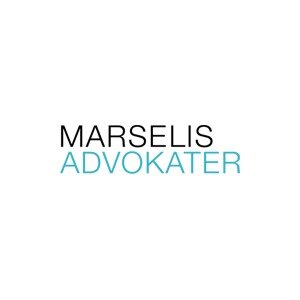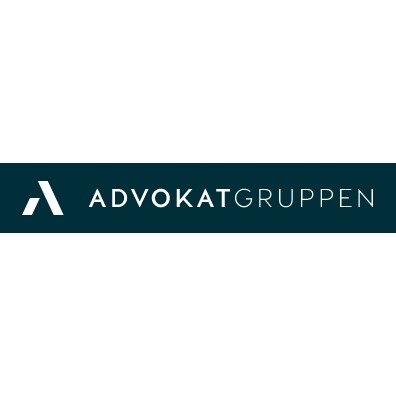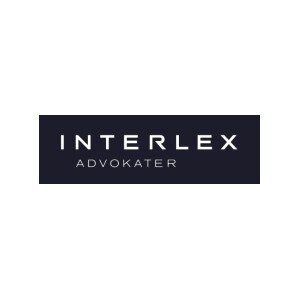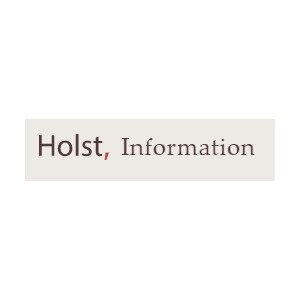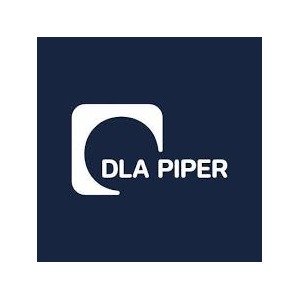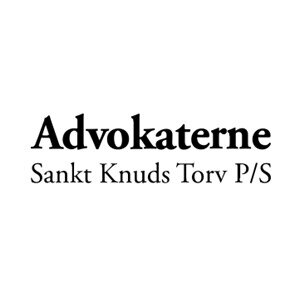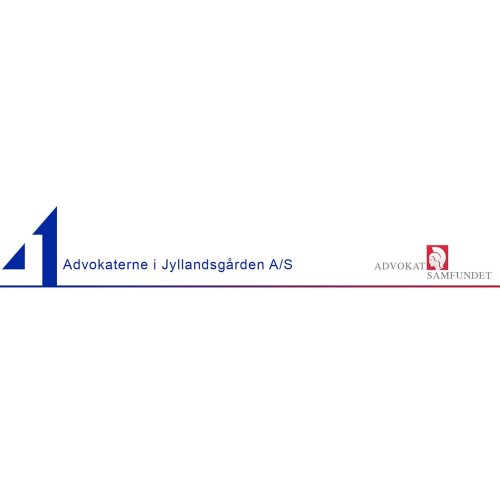Best Project Finance Lawyers in Aarhus C
Share your needs with us, get contacted by law firms.
Free. Takes 2 min.
List of the best lawyers in Aarhus C, Denmark
About Project Finance Law in Aarhus C, Denmark
Project finance is a key legal and financial discipline used to fund large infrastructure projects, such as renewable energy parks, real estate developments, and transport networks. In Aarhus C, Denmark's vibrant central district, these projects often rely on a mixture of private, public, and international funding sources. Project finance law in Aarhus C determines how these complex ventures are structured, managed, and regulated - addressing contractual, risk allocation, and compliance matters to ensure smooth execution and protect the interests of all parties involved.
Why You May Need a Lawyer
Engaging a lawyer experienced in project finance can be crucial for navigating the complex requirements and mitigating risks associated with major infrastructure or development undertakings. Common situations where legal help is needed include:
- Structuring a financing arrangement involving multiple lenders or investors
- Drafting and negotiating project documents, such as loan agreements, security packages, or joint venture agreements
- Conducting due diligence to identify legal risks and compliance issues
- Navigating regulatory permits and environmental compliance
- Handling disputes between parties during project implementation
- Advising on tax implications and cross-border aspects unique to Danish or EU law
- Ensuring that public-private partnership (PPP) arrangements comply with Danish legislation
Local Laws Overview
Project finance in Aarhus C operates in the context of both Danish national law and relevant European Union regulations. Key legal components include:
- Contract Law: Danish contract law governs agreements between project parties, focusing on clear allocation of risk and obligations.
- Public Procurement Laws: For public or semi-public projects, the Danish Public Procurement Act and relevant EU directives ensure transparency and competition.
- Company Law: The Danish Companies Act is central for structuring Special Purpose Vehicles (SPVs) that shield investors and lenders from certain liabilities.
- Security and Collateral: Strict requirements apply regarding the creation and enforcement of mortgages, pledges, and other security interests under Danish law.
- Environmental Regulations: Denmark’s robust environmental framework can influence project timelines and the types of projects permitted in Aarhus C.
- Tax Legislation: National and municipal tax rules will impact project returns and must be thoroughly understood in advance.
Frequently Asked Questions
What is project finance?
Project finance is a method of funding large-scale projects based on the projected cash flows of the project rather than the balance sheets of its sponsors. It involves using the project's assets and revenue streams as collateral for the loans required to finance its construction and operation.
What types of projects commonly use project finance in Aarhus C?
Common examples include renewable energy facilities such as wind farms, real estate developments, transportation infrastructure, and public-private partnership (PPP) undertakings within Aarhus’ urban development zones.
Who are the main parties involved in a project finance transaction?
Key participants typically include sponsors (project developers), lenders (banks or investment funds), contractors, the host municipality (where applicable), off-takers (buyers of project outputs), and occasionally, government agencies.
What legal documents are essential in project finance deals?
Core documents include loan agreements, shareholders’ agreements, security documents, construction and operation contracts, and various consents or permits.
How are risks allocated in a project finance agreement?
Risks are typically allocated so that each party assumes the risks it is best equipped to control or mitigate. This is achieved through detailed contracts and legal agreements.
What is a Special Purpose Vehicle (SPV) and why is it important?
An SPV is a separate legal entity created solely for the purpose of executing the project. It isolates the financial risk and simplifies the structure of major projects, making it easier to attract funding and manage liabilities.
What permits and approvals are needed for project finance projects in Aarhus C?
Projects typically require a range of development and environmental permits, building permissions from Aarhus Municipality, and sometimes authorization under national sector-specific laws.
How does Danish law treat public-private partnerships in project finance?
Public-private partnerships in Denmark are governed by the Danish Public Procurement Act and rules on transparency and competition. Agreements must be structured to comply with these, ensuring fair bidding, selection, and execution processes.
Are there any restrictions on foreign ownership or investment in project finance projects?
Denmark is generally open to foreign investment, but certain regulatory approvals may be needed, particularly where projects have national security or environmental implications.
What happens if a project fails financially?
If a project is unable to meet its financial obligations, Danish bankruptcy and restructuring laws will be applied. Lenders typically have recourse only to the project’s assets and cash flows, not the sponsors’ assets, assuming the project was ring-fenced via an SPV.
Additional Resources
Below are some useful resources and organizations for those seeking more information or assistance with project finance in Aarhus C:
- Aarhus Municipality - Building and Urban Development Offices
- Danish Business Authority (Erhvervsstyrelsen) - For company registrations and guidance
- The Danish Energy Agency - For projects in the energy sector
- Danish Financial Supervisory Authority (Finanstilsynet) - Oversight of financial institutions
- Local law firms and consulting groups specializing in project finance
- Denmark’s official portal for public procurement (udbud.dk) - For public project tenders
Next Steps
If you are considering a project in Aarhus C that may require complex financing, it is sensible to consult an experienced project finance lawyer early in your planning process. Here are some practical steps to follow:
- Assess your project plans and objectives to identify potential legal challenges
- Gather all relevant documentation, including project proposals, business plans, and any existing agreements
- Reach out to a local law firm or legal consultant with expertise in project finance and Danish law
- Prepare a list of questions or concerns specifically related to your project’s financing, structure, and potential risks
- Engage in a preliminary consultation to scope the legal services needed and estimate costs
- Stay informed about regulatory updates and best practices by following industry news and government advisories
Taking a proactive and informed approach will help ensure the success of your project in Aarhus C and safeguard your financial and legal interests throughout the process.
Lawzana helps you find the best lawyers and law firms in Aarhus C through a curated and pre-screened list of qualified legal professionals. Our platform offers rankings and detailed profiles of attorneys and law firms, allowing you to compare based on practice areas, including Project Finance, experience, and client feedback.
Each profile includes a description of the firm's areas of practice, client reviews, team members and partners, year of establishment, spoken languages, office locations, contact information, social media presence, and any published articles or resources. Most firms on our platform speak English and are experienced in both local and international legal matters.
Get a quote from top-rated law firms in Aarhus C, Denmark — quickly, securely, and without unnecessary hassle.
Disclaimer:
The information provided on this page is for general informational purposes only and does not constitute legal advice. While we strive to ensure the accuracy and relevance of the content, legal information may change over time, and interpretations of the law can vary. You should always consult with a qualified legal professional for advice specific to your situation.
We disclaim all liability for actions taken or not taken based on the content of this page. If you believe any information is incorrect or outdated, please contact us, and we will review and update it where appropriate.



